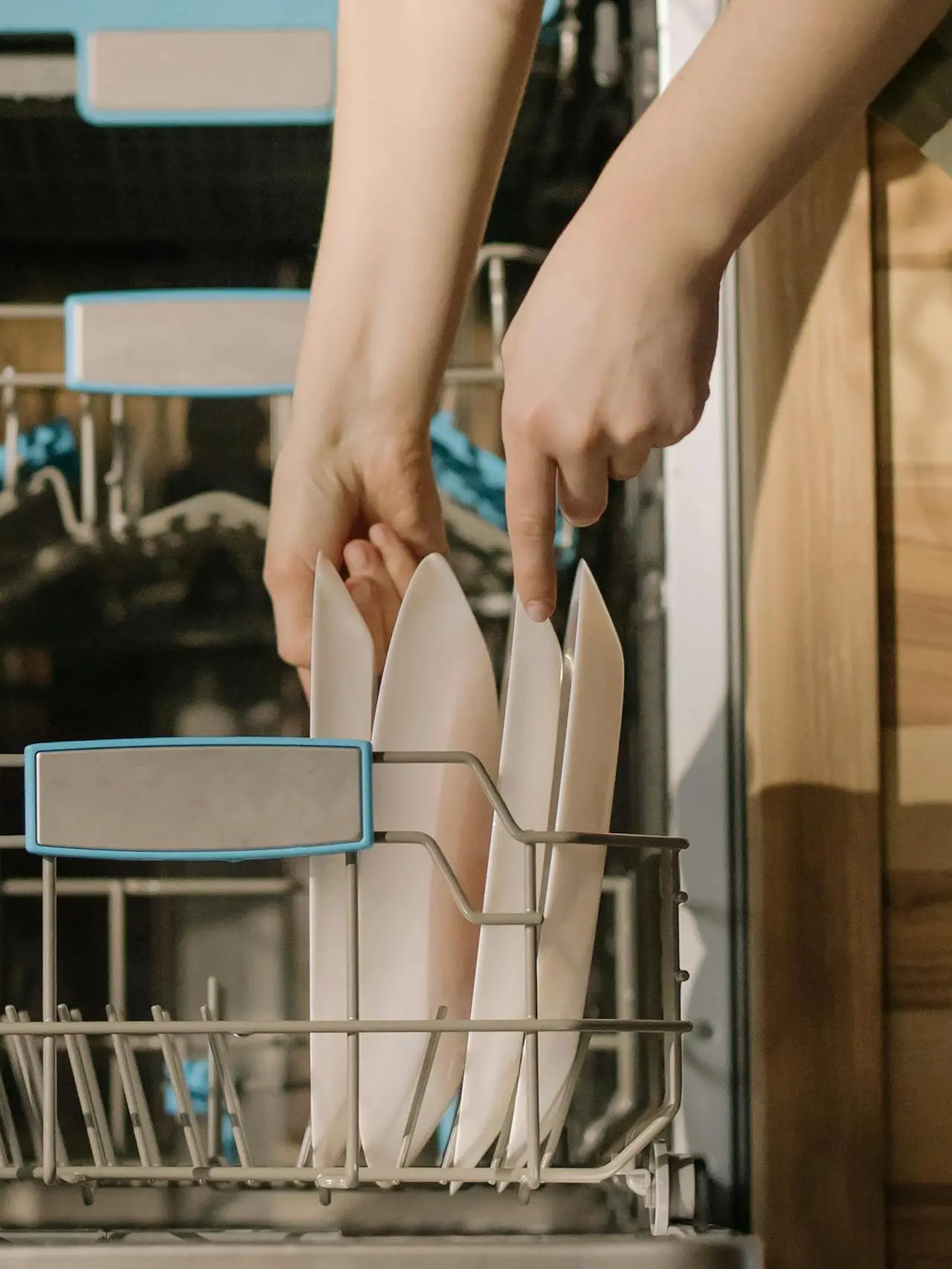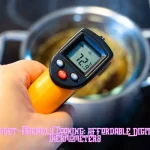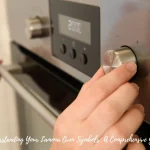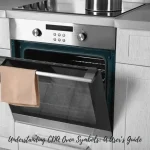If your water softener is not working as it should, it will not always scream for attention! Sometimes, the signs are quite subtle, and you do not find out until you are dealing with cloudy dishes, dry skin, or plumbing issues. A well-maintained softener should silently do its job to improve water quality and extend the life of your appliances. However, similar to any other piece of equipment, it does not last forever! Knowing when to call for help will help you save money, prevent damage, and keep everything running smoothly. That said, here are five signs your water softener may need service or perhaps even a full replacement.
You Are Seeing Hard Water Symptoms Again
One of the most obvious signs that something is off is the return of hard water symptoms- the very problems that your system was designed to fix. When minerals like calcium and magnesium are not being filtered out effectively, they tend to show up fast.
Here is what you should look for!
- White scale buildup on faucets and showerheads
- Stiff or dull laundry
- Itchy or dry skin after showers
- Cloudy glasses or dishes, even after a fresh wash
- Soap that will not lather properly
If you are suddenly buying more cleaning supplies or using extra detergent to get things clean, your water softener may not be doing its job. These changes usually mean the resin beads inside the system are not working properly, or the system is not restoring as it should.
Salt Levels Are Off- Too Much or Too Little Use
Salt is vital for a salt-based water softener’s performance. If your salt levels are changing too quickly or not at all, this is a red flag. If you are refilling the salt tank more frequently than usual, it could be a sign of an overactive regeneration cycle or a leak. On the other hand, if the salt level has not dropped in weeks, the system may be suffering from a salt bridge. It implies that a hard crust has formed that is blocking salt from dissolving into the water. Both situations can affect how efficiently your system removes minerals. A technician can determine if there is a clog, a bridging issue, or a component failure preventing proper salt usage.
Your Water Pressure Has Dropped
A decrease in water pressure without an obvious plumbing issue can indicate a failing water softener. Over time, minerals can build up inside the resin bed or control valve. This creates a blockage that restricts water flow throughout your home.
In older systems, resin beads can also break down and form a sludge-like material that clogs internal lines. If your sinks or showers suddenly have weaker flow, and you have ruled out municipal supply problems or leaks, the softener could be the source. Ignoring pressure issues could lead to further strain on your plumbing system and reduce the efficiency of appliances like dishwashers or washing machines. If you live in the area, a professional Indianapolis soft water service visit can help clear clogs or confirm if internal components need replacement.
Unusual Noises or System Error Codes
Modern water softeners are generally quiet. So, if you start hearing strange grinding, clicking, or buzzing sounds- particularly during the regeneration cycle- this is not normal. These sounds can be a sign of a failing motor, a stuck valve, or other mechanical issues. In digital models, you may also see error codes on the display panel. These codes are the system’s way of telling you something is wrong. It could be a failure to regenerate, a sensor malfunction, or a brine tank issue! That said, if you are not sure what the noise or code means, do not guess. These alerts should be handled by a technician with experience working on your specific softener brand and model.
Your System Is Over a Decade Old
Water softeners usually have a lifespan of 10 to 15 years. As they age, they become less efficient at removing minerals and become more prone to internal wear and tear. If your unit is older than 10 years and you begin to notice multiple symptoms like buildup, inconsistent water softness, or repeated repairs, it may be time to consider replacement.
Today’s water softeners are more efficient, with smarter regeneration cycles, better sensors, and improved resin materials. Upgrading an aging system could mean lower salt usage, better water quality, and fewer service calls over time. A full system evaluation may help you determine whether repairs will extend the life of the unit or if a new installation is the smarter long-term investment.
Final Thoughts
A failing water softener can cause major inconveniences! It can affect your plumbing, appliances, and even your skin. That said, identifying the early signs of trouble is the best way to avoid bigger problems and unexpected expenses. Hence, whether you are noticing a drop in water pressure, mineral buildup, or sudden salt usage changes, it may be worth scheduling a professional inspection. A reliable technician can diagnose the issue and recommend whether your unit needs a quick fix – or a fresh start!










